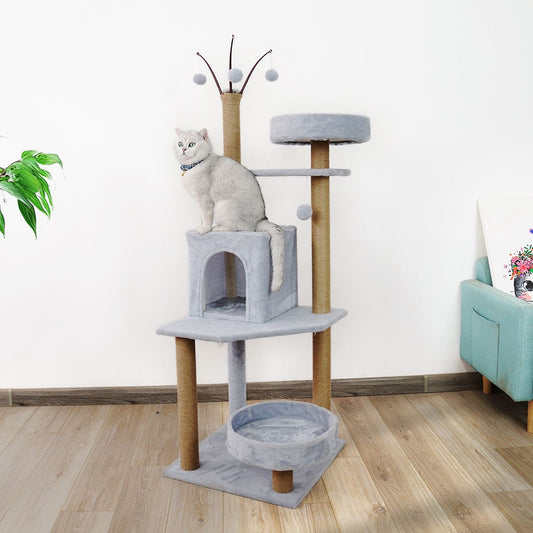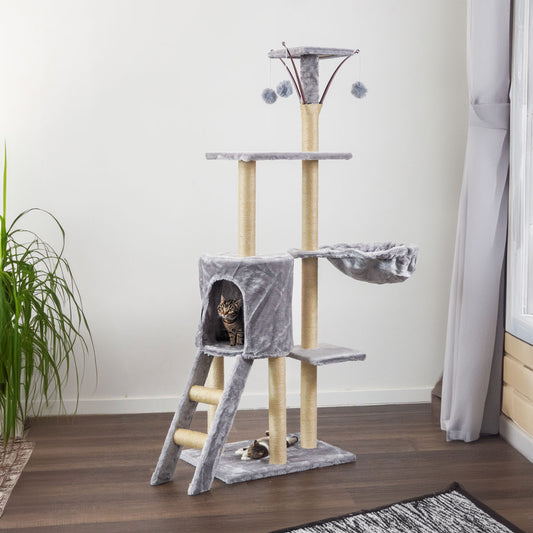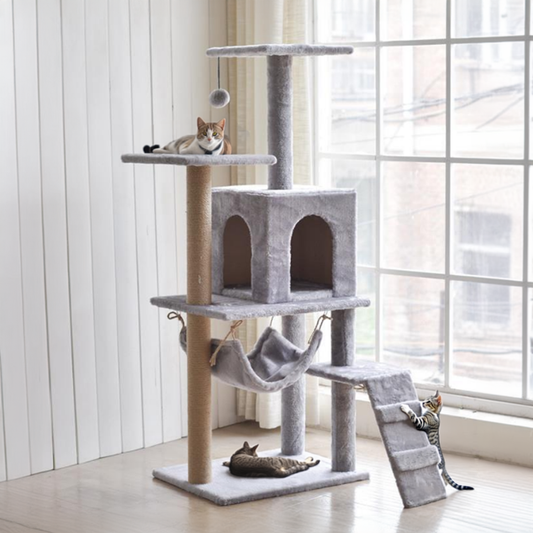As a cat owner, you may have noticed that your furry friend's urine sometimes has an unpleasant odor. While it's normal for cat urine to have a slightly strong smell, there are instances when the odor becomes particularly offensive. In this blog post, we will explore ten possible reasons why your cat's urine smells terrible.
1. Dehydration
One common cause of strong-smelling cat urine is dehydration. When a cat doesn't drink enough water, their urine becomes more concentrated, leading to a stronger odor. Ensure that your cat has access to fresh water at all times to prevent dehydration.
2. Urinary Tract Infection (UTI)
A UTI can cause your cat's urine to have a foul smell. UTIs are bacterial infections that affect the urinary system and can lead to discomfort and pain for your cat. If you suspect a UTI, it's crucial to consult your veterinarian for proper diagnosis and treatment.
3. Diet
The food your cat eats can impact the smell of their urine. Certain ingredients, such as fish or strong-smelling proteins, can result in a more pungent odor. Consider switching to a high-quality cat food that is formulated to promote urinary health.
4. Diabetes
Cats with diabetes may have sweet-smelling urine due to the presence of excess glucose. If you notice a fruity or sweet odor, along with increased thirst and urination, it's essential to have your cat evaluated by a veterinarian for diabetes.
5. Kidney Disease
Kidney disease can cause a variety of symptoms, including strong-smelling urine. The kidneys play a vital role in filtering waste products from the blood, and when they are not functioning properly, it can lead to changes in urine odor. If you suspect kidney disease, seek veterinary advice.
6. Urinary Stones
Urinary stones, also known as bladder stones, can cause your cat's urine to have a foul smell. These stones are formed by the accumulation of minerals in the urinary tract and can be quite painful for your cat. A veterinarian can diagnose and recommend appropriate treatment.
7. Inappropriate Litter Box Cleaning
If the litter box is not cleaned regularly, bacteria can multiply, leading to a strong ammonia-like smell in the urine. Ensure that you clean the litter box daily and replace the litter regularly to maintain a clean and odor-free environment for your cat.
8. Stress or Anxiety
Cats are sensitive creatures, and stress or anxiety can affect their urinary habits. When a cat is stressed, they may urinate more frequently or in unusual places, resulting in a stronger odor. Identify and address any potential sources of stress in your cat's environment.
9. Medications
Some medications can alter the smell of your cat's urine. If your cat is currently taking any medications, consult with your veterinarian to determine if the medication could be contributing to the odor.
10. Urine Marking
Unneutered male cats may spray urine to mark their territory. This urine has a particularly strong odor and is different from regular urination. Neutering your male cat can help reduce or eliminate this behavior.
In conclusion, if your cat's urine smells terrible, it's essential to investigate the underlying cause. While some causes may be temporary or easily resolved, others may require veterinary intervention. Pay attention to any additional symptoms or changes in your cat's behavior and consult with a veterinarian for proper diagnosis and treatment.





